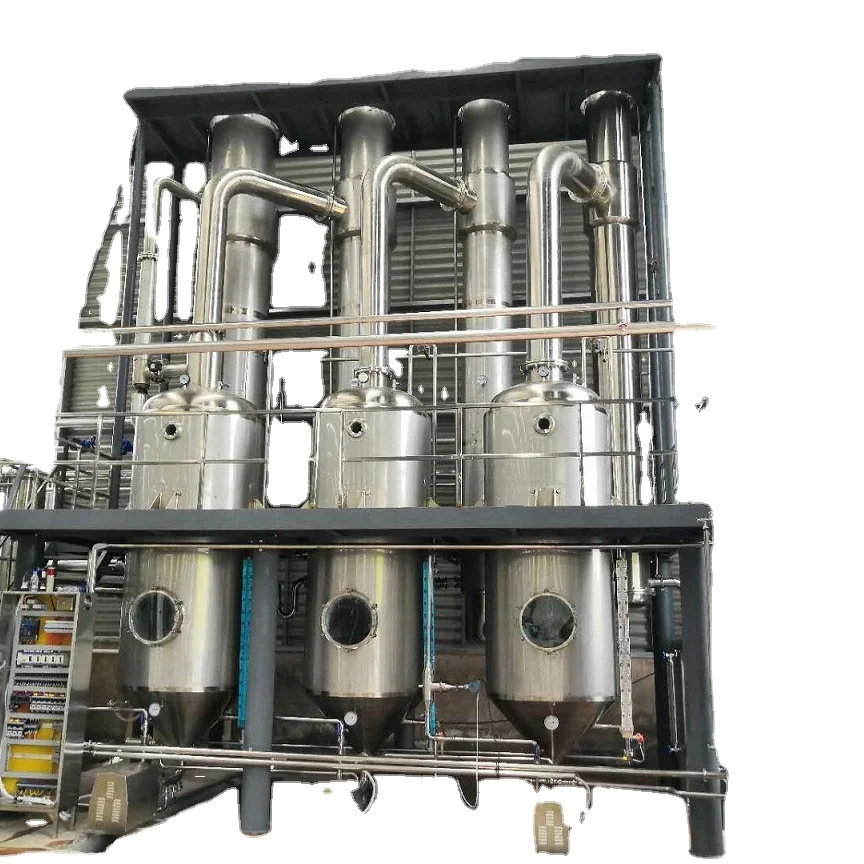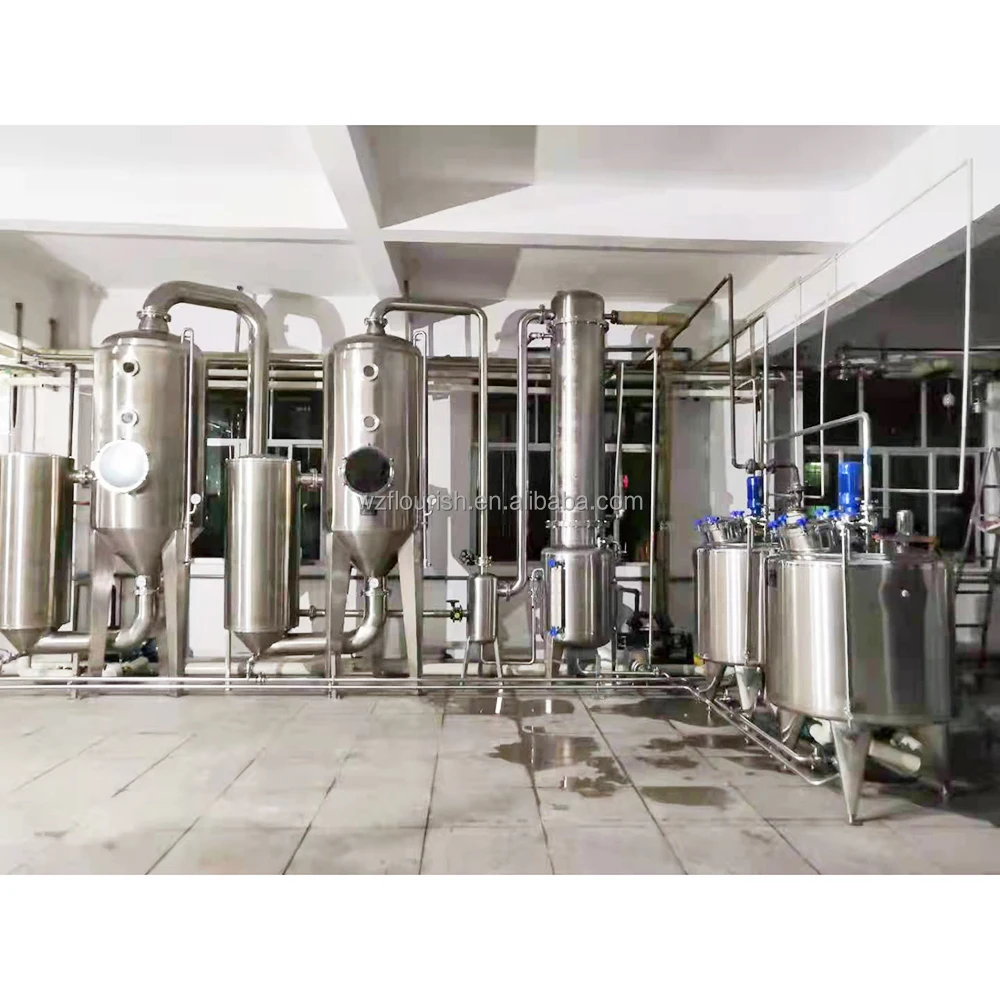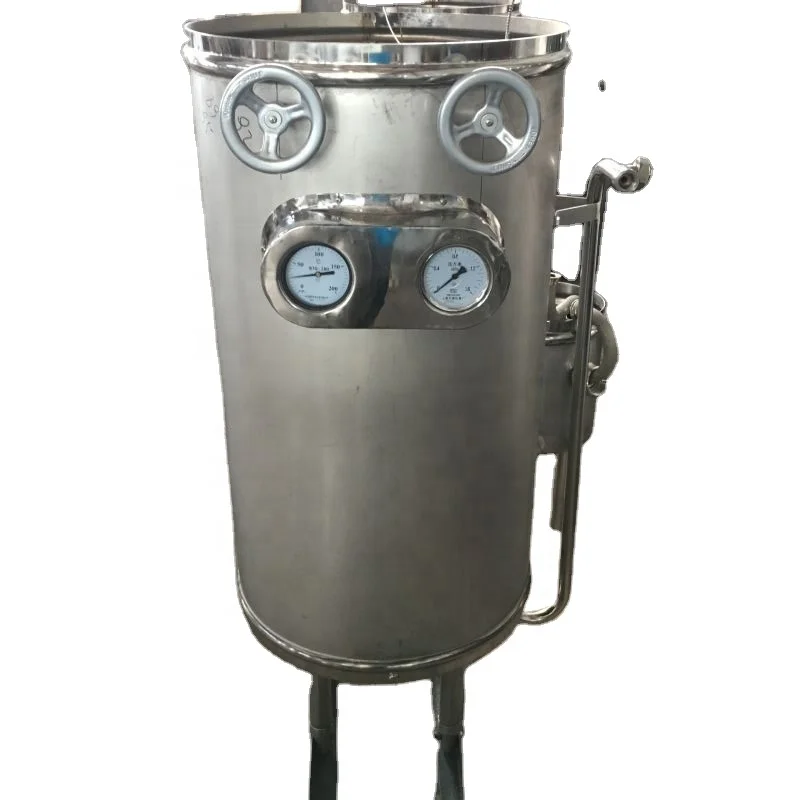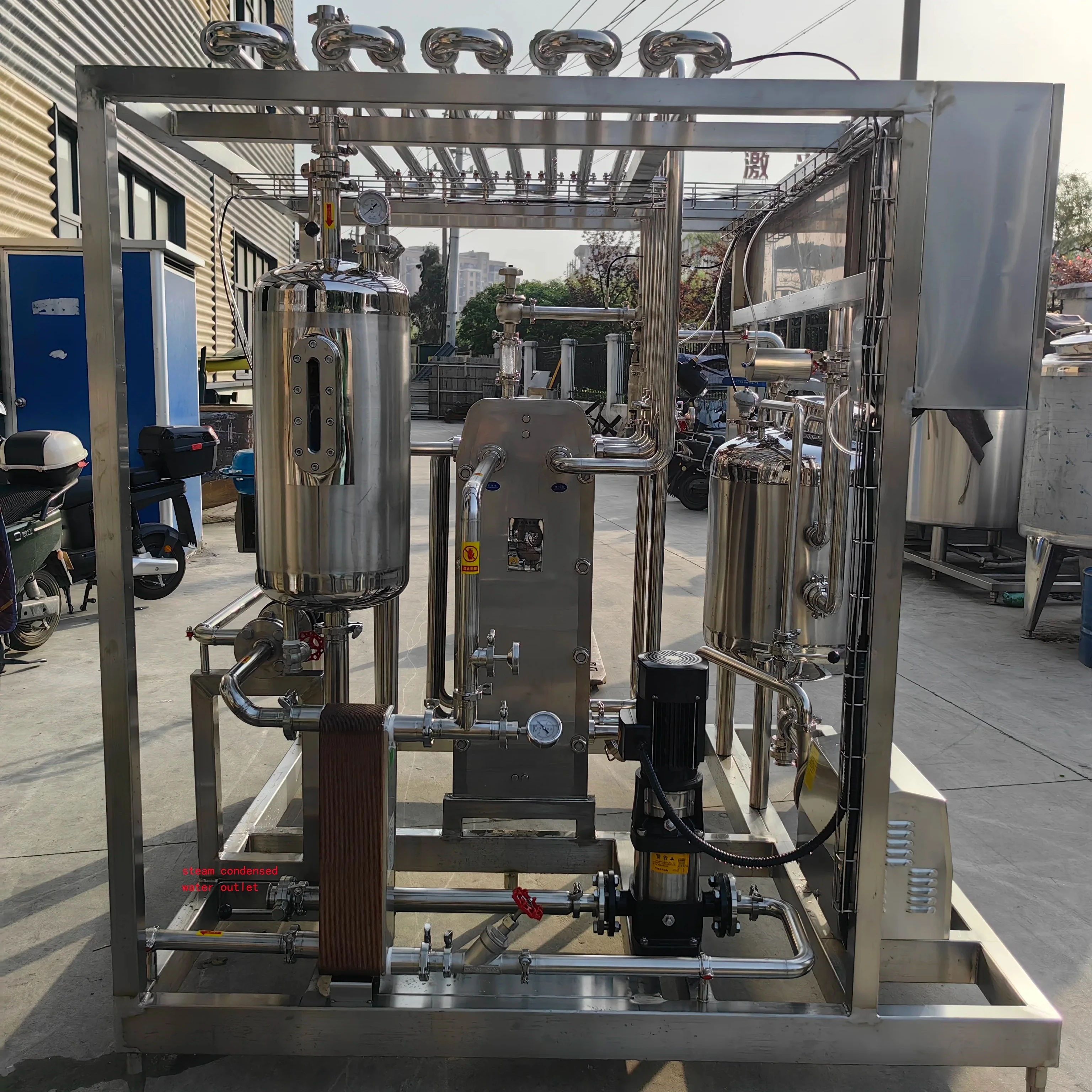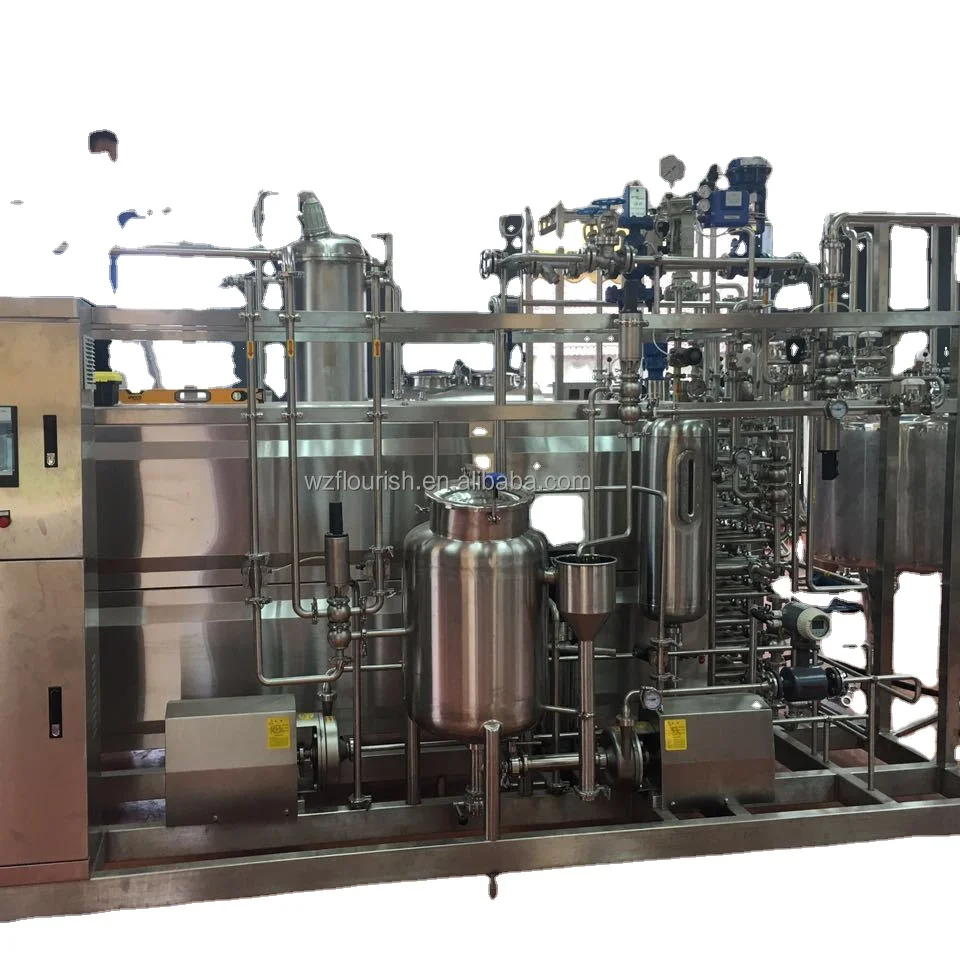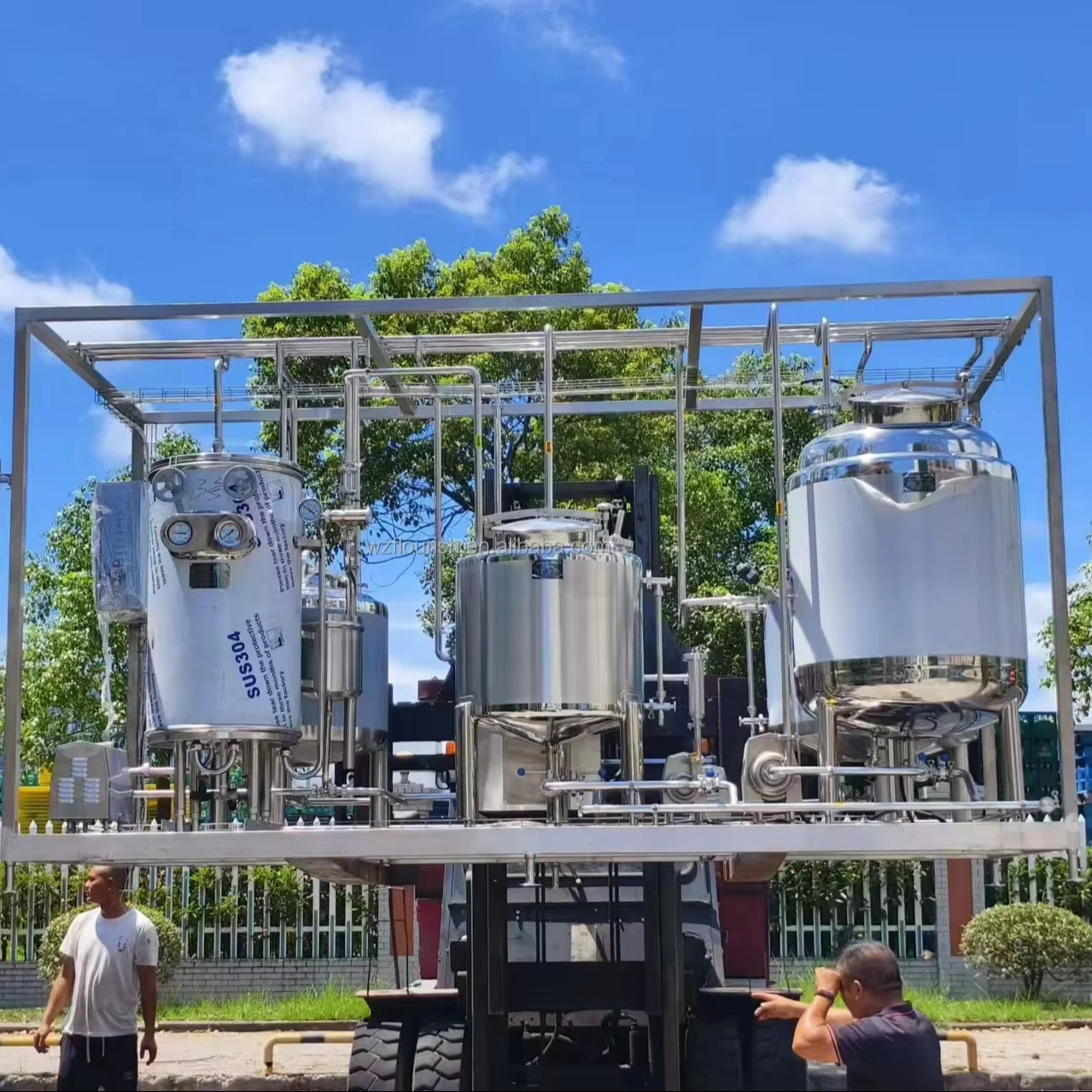ABOUT
Wenzhou Vince Machinery Science Co., Ltd. was established in early 1980s. Our company covers an area of 6500 square meters and is an independent legal representative firm, possessing rich economic technology strength. Our company is a high tech enterprise and plays an important role in national dairy, foodstuff, pharmacy and machinery industries. We are a beverage machinery supplier.
Since the establishment, our company has mainly engaged in dairy products, foodstuff, beverage machinery, bean products, yellow wine, medicines and fermentation projects. What's more, our company supplies a complete sequence services in manufacturing, installation, test and personnel train, as well as the whole direction service design and consulting service on product project construction or enlargement artistic distribution engineering sets budget.
PRODUCTS
Multipurpose Stainless Steel Tank
Superior Durability and Longevity
Stainless steel's inherent resistance to corrosion is a primary reason for its popularity in tank construction. Unlike their carbon steel counterparts, stainless steel tanks are impervious to rust and degradation, even when exposed to harsh chemicals or fluctuating temperatures. This translates to a significantly extended lifespan, reducing the need for frequent replacements and minimizing downtime. The long-term cost savings associated with reduced maintenance and replacement are a significant draw for businesses across industries.
Furthermore, the strength of stainless steel allows for the construction of larger tanks capable of withstanding considerable pressure and weight. This robustness is especially important when handling large volumes of liquids or when the tank needs to endure demanding operational conditions. The robust nature of stainless steel also allows for easier cleaning and sterilization, crucial in industries with strict hygiene regulations.
Hygiene and Cleanability
The smooth, non-porous surface of stainless steel makes it exceptionally easy to clean and sanitize. This is particularly important in industries such as food processing, pharmaceuticals, and cosmetics, where maintaining stringent hygiene standards is paramount to prevent contamination and ensure product safety. Regular cleaning and sterilization can be achieved without damaging the tank's integrity, contributing to its long operational life.
Various cleaning methods, including high-pressure washing and chemical sterilization, are compatible with stainless steel tanks. This adaptability simplifies maintenance procedures and ensures the tanks remain free from harmful bacteria and contaminants. The ease of cleaning reduces the risk of product spoilage and maintains the highest levels of hygiene throughout the entire process.
Versatility in Applications
The versatility of multipurpose stainless steel tanks extends far beyond a single industry. They are used extensively in the food and beverage industry for storing ingredients, processing liquids, and fermenting products. Their hygienic properties ensure product quality and safety.
In chemical processing, these tanks are employed for storing and mixing various chemicals, often under controlled temperatures and pressures. The corrosion resistance of stainless steel prevents reactions with the stored substances, preserving their integrity and preventing leaks. The pharmaceutical industry utilizes them for storing and mixing medications and other sensitive materials, ensuring both product safety and process efficiency. Their use spans a wide range of applications, from agriculture to wastewater treatment, highlighting their adaptability.
Customization and Options
Multipurpose stainless steel tanks are available in a wide array of sizes, shapes, and configurations to meet specific needs. Customization options include different types of stainless steel alloys, tailored to specific chemical compatibilities. Manufacturers often offer choices regarding tank fittings, such as valves, nozzles, and sensors, allowing for complete integration into existing production lines.
The ability to customize the tank's design and features is a key advantage. Options might include heating or cooling jackets for temperature control, agitators for mixing contents, or level sensors for monitoring fill levels. This degree of customizability ensures the tanks perfectly integrate into diverse production processes, optimizing efficiency and safety.
SUBSCRIBE
INQUIRY

